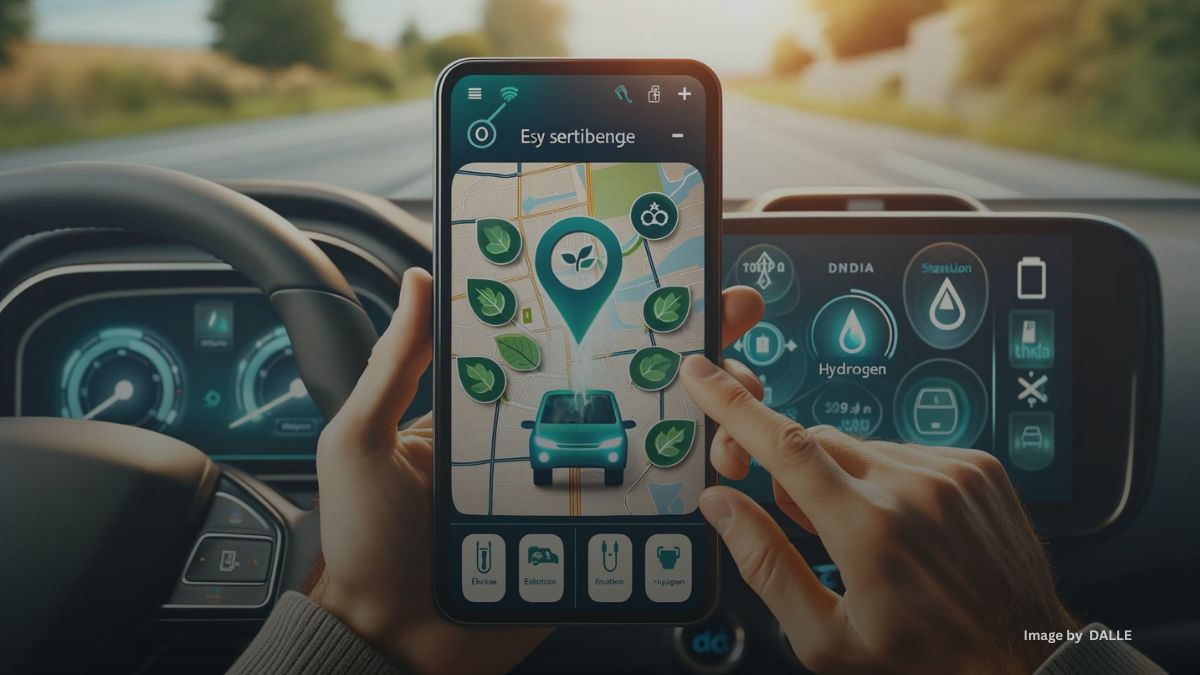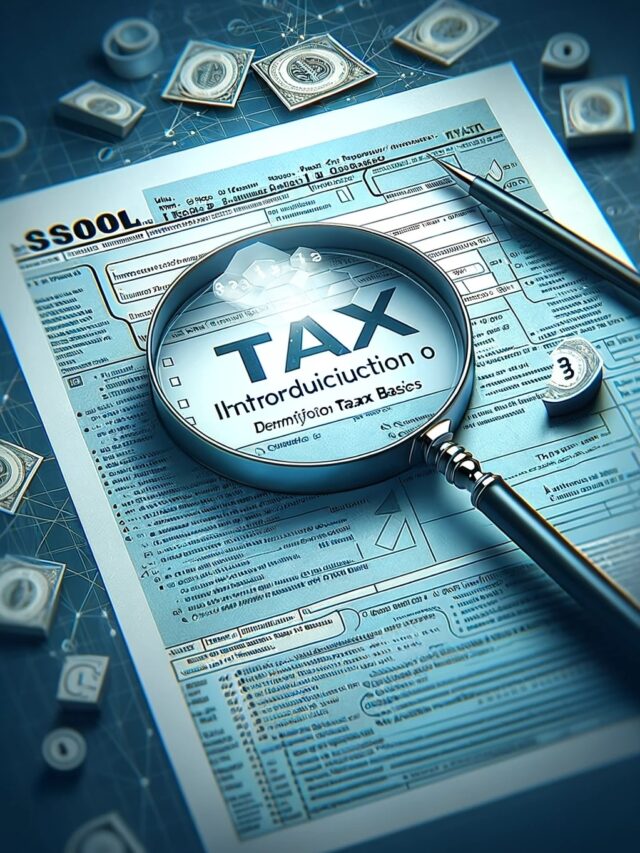Key Takeaways
- There are over 2,000 public Electric Vehicle charging stations and 10 hydrogen refuelling stations in Canada, making it easy to find a place to charge or refuel your ZEV on the go.
- You can use the station locator tool from Natural Resources Canada to search for the nearest and most convenient station for your needs, and filter by fuel type, station details, and location.
- EV charging stations vary in their features and costs, depending on the type of charger, the network, and the electricity rate. Generally, home charging is the cheapest and most convenient option, while fast charging is more expensive and suitable for long trips.
- Hydrogen refuelling stations are less common and more costly than EV charging stations, but they offer faster refuelling and longer range for hydrogen fuel cell vehicles. Hydrogen can be delivered by truck or produced on-site, and it must be compressed and cooled before dispensing.

Introduction
If you own or are considering buying a zero-emission vehicle (ZEV), such as an electric vehicle (EV) or a hydrogen fuel cell vehicle (HFCV), you might wonder how to keep it powered on the road. Unlike conventional gasoline or diesel vehicles, ZEVs require different types of fueling infrastructure and have different costs and benefits associated with them.
Fortunately, Canada has a growing network of public EV charging stations and hydrogen refuelling stations that can help you find a place to charge or refuel your ZEV on the go. In this article, we will explain how to use the station locator tool to search for the nearest and most convenient station for your needs, and what are the features and costs of different types of stations. We will also provide some tips and resources to help you plan your trips and optimize your ZEV experience.
Electric Vehicle Charging Station Locator Tool
One of the easiest ways to find a public EV charging station or a hydrogen refuelling station near you is to use the station locator tool from Natural Resources Canada. This tool allows you to enter a location and find a station where you can recharge or refuel your vehicle in Canada. You can also filter the results by fuel type, station details, and location. For example, you can search for stations that offer fast charging, hydrogen refuelling, or free parking. You can also view the station information, such as the address, phone number, hours of operation, and payment methods.
The station locator tool also shows alternative fuel stations in the United States, but only in English. You can access the tool online or download the app for iOS or Android devices. The tool is updated regularly and verified by station owners and operators. However, you should always check the station availability and status before heading there, as some stations may be temporarily out of service or under maintenance.
IMPORTANT LINKS
- How to Trade in Your Old Gas-Powered Vehicle for an Electric Vehicle with the BC Scrap-It Program
- How to Get a Tax Write-Off for Your Business with the Federal Tax Incentive for Electric Vehicles
- How to Save Money with the Federal iZEV Program for Electric Vehicles
- How to Buy or Lease a Heavy-Duty Electric Vehicle with the Federal iMHZEV Program
EV Charging Stations
EV charging stations are places where you can plug in your EV and recharge its battery. There are different types of EV charging stations, depending on the level of power they provide and the time they take to charge your vehicle. The most common types are:
- Level 1: This is the slowest type of charging, using a standard 120-volt outlet. It can add about 8 km of range per hour of charging. It is suitable for overnight or long-term charging at home or work, or for emergency charging when no other option is available.
- Level 2: This is the most common type of public charging, using a 240-volt outlet. It can add about 30 to 50 km of range per hour of charging. It is suitable for daily or short-term charging at destinations such as shopping malls, hotels, or restaurants.
- DC Fast Charging: This is the fastest type of public charging, using a 480-volt outlet. It can add about 250 to 350 km of range per hour of charging. It is suitable for long-distance or intercity travel, or for quick top-ups when needed.
The cost of charging your EV at a public station depends on several factors, such as the type of charger, the network, and the electricity rate. Generally, Level 1 and Level 2 charging are cheaper than DC Fast Charging, and home charging is the cheapest and most convenient option. However, the exact cost can vary widely, depending on the location, the time of day, and the plan you choose. Some stations may charge by the hour, by the kWh, or by a flat fee. Some stations may also offer free charging or discounts for members or subscribers.
To find out the cost of charging your EV at a public station, you can use the following resources:
- The station locator tool, which shows the price and payment method for each station.
- The network website or app, which shows the rates and plans for each network. Some of the major networks in Canada are ChargePoint, FLO, Tesla, Petro-Canada, and Electrify Canada.
- The PlugShare app, which shows the user reviews and ratings for each station, as well as the real-time availability and status.
- The Department of Energy calculator, which estimates the cost of driving a given distance with home or public charging, based on your rates and your EV’s efficiency.
Hydrogen Refuelling Stations
Hydrogen refuelling stations are places where you can fill up your HFCV with compressed hydrogen gas. There are fewer hydrogen refuelling stations than EV charging stations in Canada, but they are expected to increase in the future as more HFCVs become available. As of 2024, there are 10 public hydrogen refuelling stations in Canada, located in British Columbia, Ontario, and Quebec.
The main advantage of hydrogen refuelling stations is that they offer faster refuelling and longer range for HFCVs than EV charging stations for EVs. A typical hydrogen refuelling station can fill up a HFCV in less than five minutes, and provide a range of about 500 to 600 km. This makes them ideal for long trips or heavy-duty vehicles that require high performance and low downtime.
The main challenge of hydrogen refuelling stations is that they are more expensive and complex than EV charging stations, due to the high pressure and low temperature required to store and dispense hydrogen. Hydrogen can be delivered by truck or produced on-site, using different methods such as steam methane reforming or electrolysis. Each method has its own advantages and disadvantages, depending on the cost, efficiency, and environmental impact.
The cost of refuelling your HFCV at a public station is usually higher than the cost of charging your EV at a public station, due to the higher capital and operational costs of hydrogen infrastructure. However, the exact cost can vary depending on the location, the demand, and the subsidy. Some stations may charge by the kg, by the fill, or by a flat fee. Some stations may also offer free refuelling or discounts for members or subscribers.
To find out the cost of refuelling your HFCV at a public station, you can use the following resources:
- The station locator tool, which shows the price and payment method for each station.
- The network website or app, which shows the rates and plans for each network. Some of the major networks in Canada are HTEC, Air Liquide, and Shell.
- The Hydrogen Tools app, which shows the user reviews and ratings for each station, as well as the real-time availability and status.
- The Hydrogen Analysis Resource Center, which provides tools and data for analyzing the cost and performance of hydrogen technologies.
Conclusion
Finding the best electric vehicle charging or hydrogen refuelling station near you is not as hard as it may seem. With the help of the station locator tool and other resources, you can easily search for the nearest and most convenient station for your needs, and compare the features and costs of different types of stations. Whether you choose an EV or a HFCV, you can enjoy the benefits of a cleaner and more sustainable transportation system.
Source: (1) Electric Charging and Alternative Fuelling Stations Locator. https://natural-resources.canada.ca/energy-efficiency/transportation-alternative-fuels/electric-charging-alternative-fuelling-stationslocator-map/20487. (2) Shell Fuel Station Locator | Shell Canada. https://www.shell.ca/en_ca/drivers/shell-station-locator/shell-fuel-card-station-locator.html. (3) Electric charging and alternative fuelling stations locator tutorial. https://natural-resources.canada.ca/energy-efficiency/transportation-alternative-fuels/electric-charging-alternative-fuelling-stationslocator-map/tutorial/25256. (4) Radio-Locator.com. https://radio-locator.com/. (5) Comparison of Conventional vs. Modular Hydrogen Refueling Stations, and …. https://www.energy.gov/eere/fuelcells/articles/comparison-conventional-vs-modular-hydrogen-refueling-stations-and-site.







